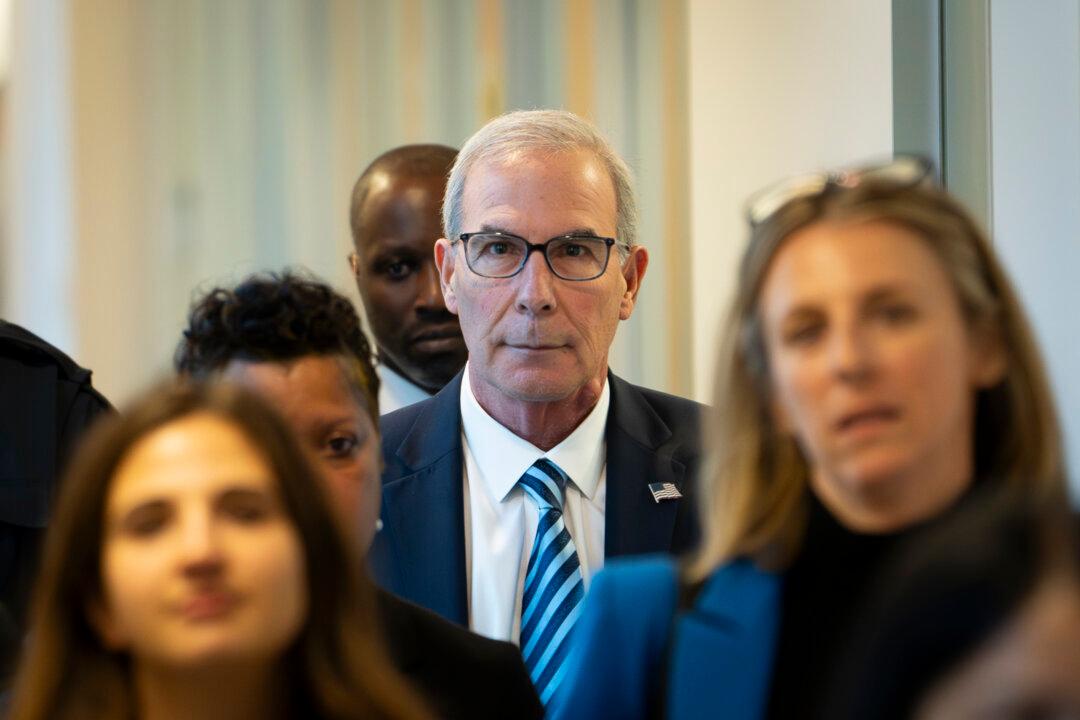Special counsel David Weiss, who is prosecuting Hunter Biden for a gun crime, rebutted the president’s son’s arguments that the prosecution is politically motivated, writing in a new court filing that he is targeting the wrong administration.
Mr. Biden has requested to subpoena former President Donald Trump, former U.S. Attorney General Bill Barr, and other officials, arguing a “vindictive or selective prosecution” against him.





